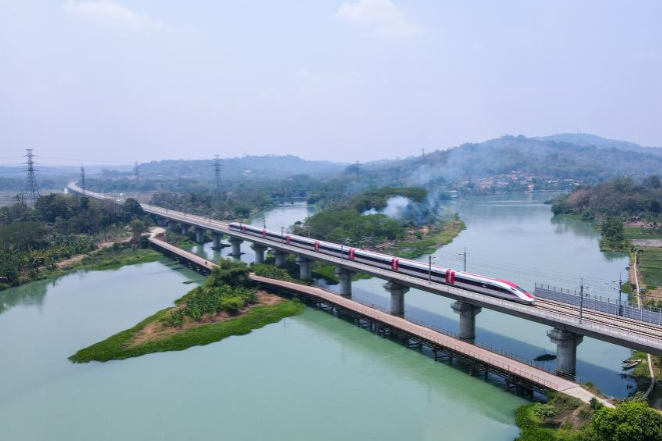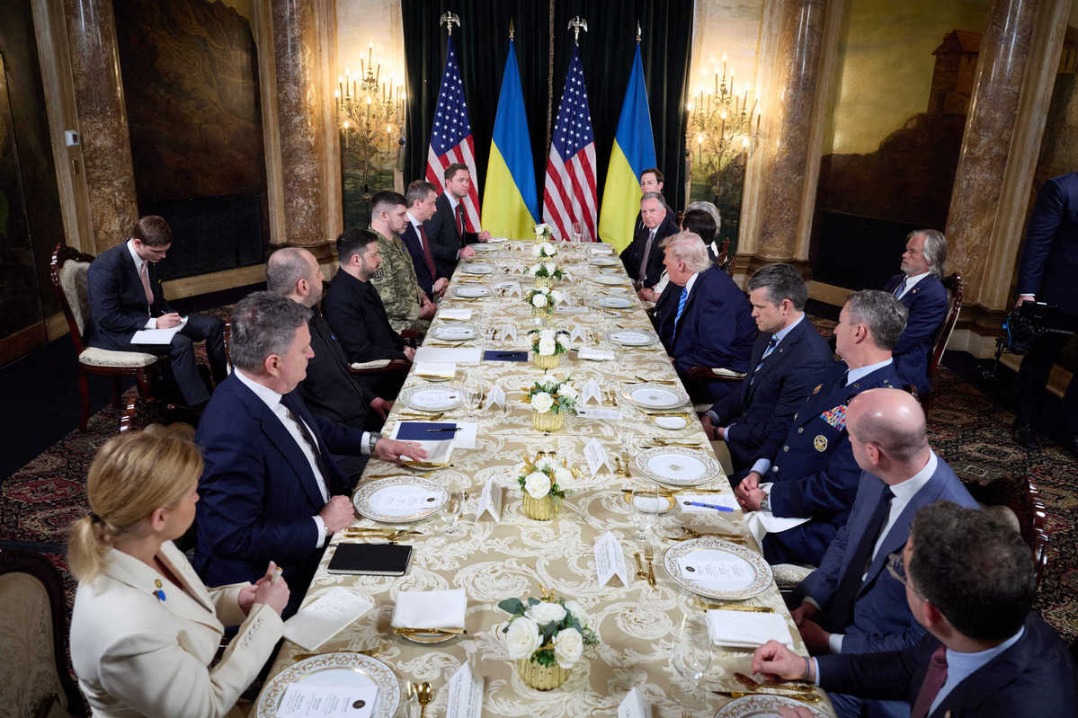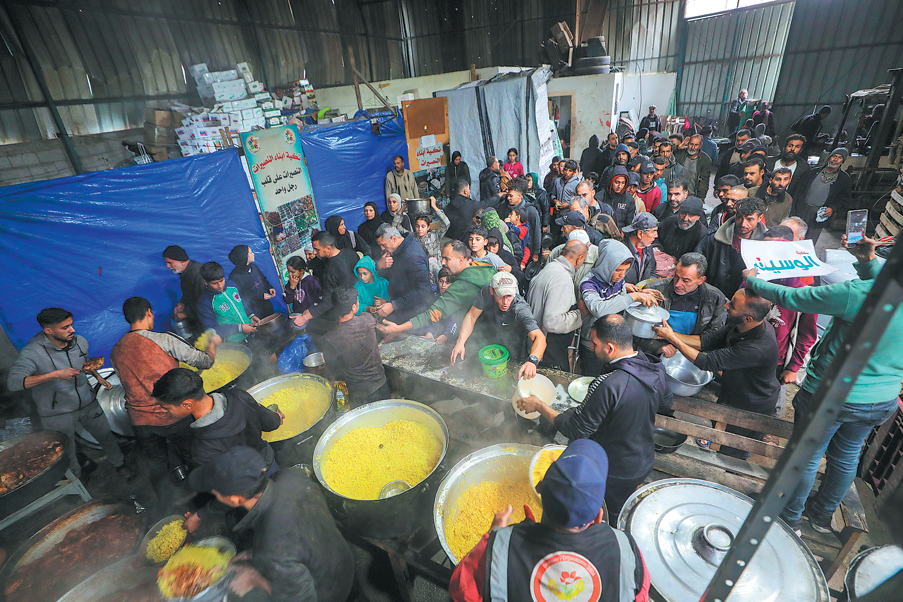Poland to retain border buffer zone


Poland's Interior Ministry has announced that the country will extend the deployment of a buffer zone it introduced on its border with Belarus earlier in the summer, by another 90 days.
The Polish government introduced the zone in June along a 60-kilometer stretch of the countries' frontier, following a rise in the number of attempted migrant crossings, leading to several violent incidents, one of which resulted in a member of the military being stabbed to death.
Poland is a member of the European Union, and the government of Belarus is closely aligned with Russia, and it has been reported that, in 2021, it opened travel agencies in the Middle East to offer a new unofficial route into Europe, which has been criticized as a move to stir up tensions.
The Associated Press quoted Polish officials as saying that around 90 percent of migrants at the border have Russian visas, suggesting that the country is also involved.
"For the first time, we are dealing with a situation when a neighboring country is supporting migrants in an evident way, and these poor people are tools of that policy," said a Polish Foreign Ministry spokesman.
Interior Minister Tomasz Siemoniak said the zone had "brought concrete, positive results", and led to a 64-percent fall in attempted illegal border crossings.
"It is primarily aimed at people smugglers who pick up people who are smuggled across the border," Siemoniak said.
The killing of the soldier also inspired vigilante groups to travel from elsewhere in Poland to the border and say they are trying to support border guards in their work, even though government forces say they are not required or wanted.
"This kind of support is needed, because even the army then feels more secure," a group member told the Euronews website.
"Knowing there are people like us, who patrol, so that the other side there behind the wall, they also kind of hear about us."
The latest news, relating to Poland's eastern border, comes at the same time as Germany has announced it is tightening entry points with neighboring countries, including Poland, in its west, a move that has upset Poland's Prime Minster Donald Tusk.
"Such actions are unacceptable from the Polish point of view," he told a meeting of his country's overseas ambassadors in Warsaw.
"Today, we need full support from Germany and the entire EU when it comes to help in organizing, financing, arming the eastern border, also in the context of illegal migration."
Germany and its neighboring countries are part of the Schengen area allowing borderless travel, but European Union rules permit temporary border controls "as a last resort, external measure, in exceptional situations" for up to six months.

































